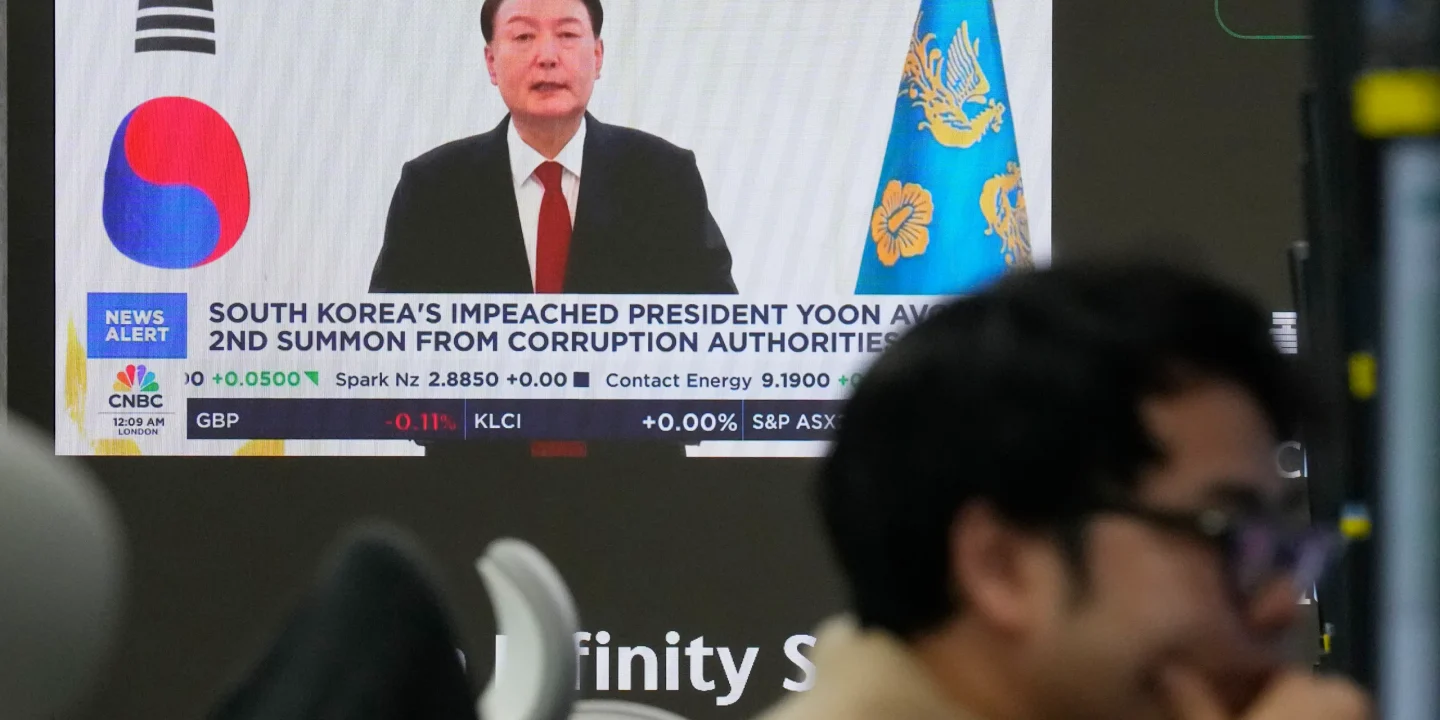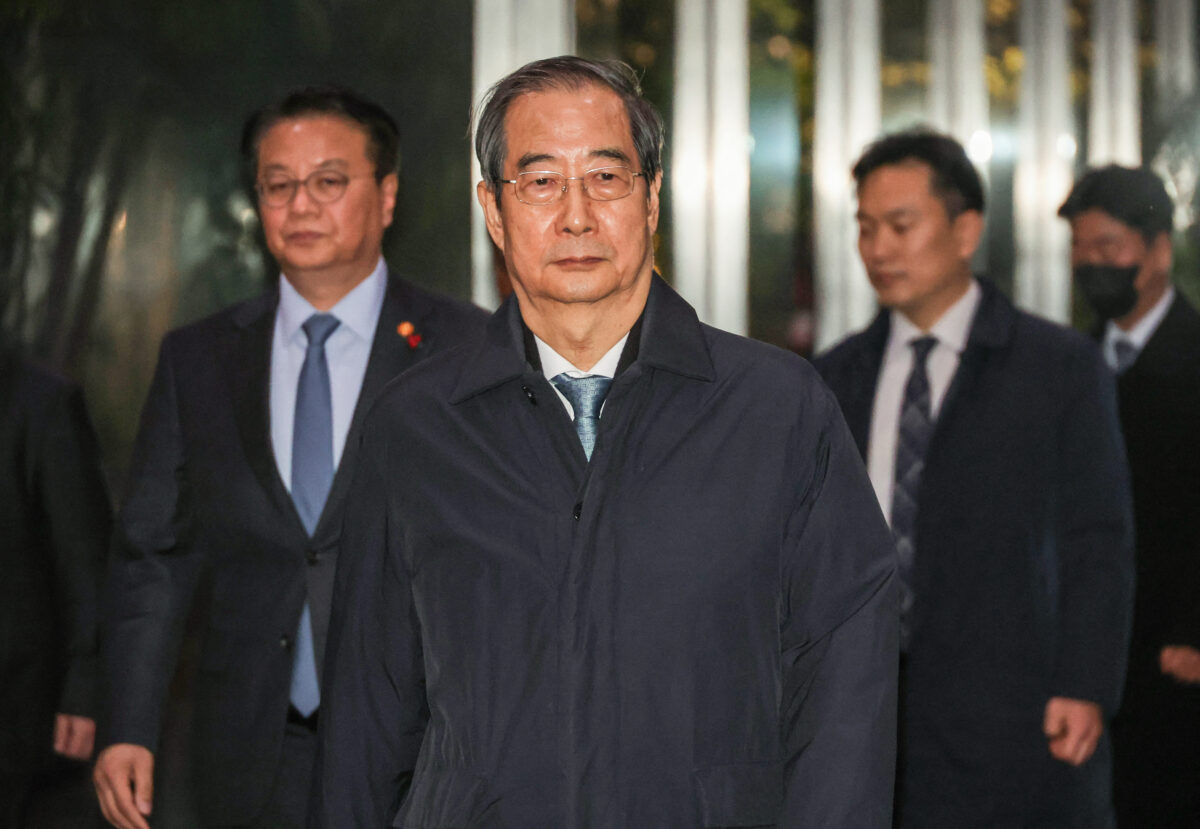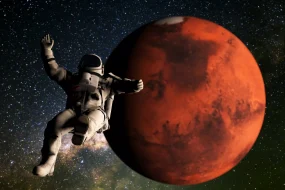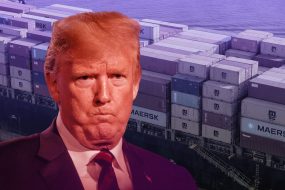
There is currently a great deal of unrest in South Korea’s political environment, especially in relation to President Yoon Suk Yeol. This blog explores the circumstances that led to his impeachment, his current legal troubles, and the wider political ramifications for South Korea.
Impeachment and Legal Challenges
President Yoon Suk Yeol was impeached by the National Assembly on December 14, 2024, following accusations of rebellion. This came after he declared martial law on December 3, 2024, in response to opposition from a parliament dominated by rival parties. The declaration was quickly overturned by the National Assembly, leading to his impeachment.

Following his impeachment, a Seoul court issued a warrant for Yoon’s detention. However, he defied the warrant, resulting in a nearly six-hour standoff with investigators from the anti-corruption agency at his official residence. The presidential security service blocked the investigators from entering, citing safety concerns.
Yoon is facing rebellion accusations from the anti-corruption agency, and his attorneys have contested the validity of the detention order. They contend that because of regulations safeguarding sites associated with military secrets, the warrant cannot be executed at his home.
Ongoing Investigations
Public Response and Political Climate
1. Protests and Support
Outside Yoon’s residence, a large group of pro-Yoon protesters gathered, expressing their support and vowing to protect him. This reflects a significant divide in public opinion, with many supporters viewing him as a victim of political manoeuvring.

2. Opposition’s Stance
The opposition parties have criticized Yoon’s actions, calling for accountability and urging the anti-corruption agency to pursue the detainment warrant. They argue that his declaration of martial law was an overreach of power and a threat to democracy.
3. Impact on Government
Yoon’s presidential powers have been suspended since his impeachment, leaving the acting president, Prime Minister Han Duck-soo, to manage the government. The political crisis has created uncertainty and instability in South Korea, with implications for future governance and policy-making.

The Road Ahead
Constitutional Court’s Role
The fate of President Yoon now lies with the Constitutional Court, which will decide whether to uphold the impeachment or reinstate him. A minimum of six justices must vote in favour of removal for it to take effect.
Potential for Further Escalation
As the situation unfolds, there is potential for further political escalation, particularly if the Constitutional Court upholds the impeachment. This could lead to increased protests and a deeper political crisis in South Korea.
The situation surrounding President Yoon Suk Yeol is a complex interplay of legal challenges, public sentiment, and political manoeuvring. As South Korea navigates this turbulent period, the outcomes of the ongoing investigations and the decisions of the Constitutional Court will be crucial in shaping the future of the country’s leadership and governance.
Read more on Lifetips.blog













